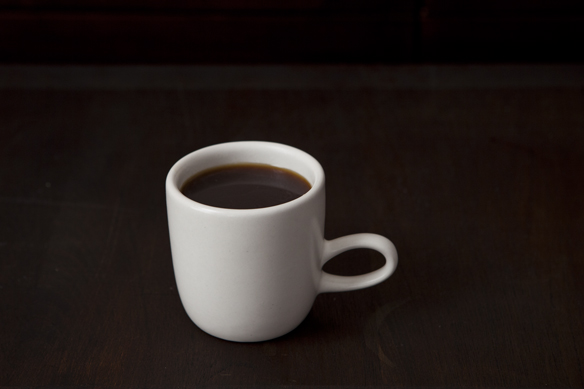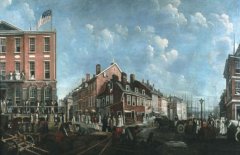The Coffee ceremony Culture in Ethiopia
Everyone has his own habit when drinking coffee. For example, we have our favorite coffee brewing equipment, which may be a French filter, an American coffee maker, or a sophisticated fully automatic espresso machine. We have our own preference for coffee taste, thickness, the choice of seasoning, whether to add sugar, everyone likes the taste of coffee is unique. Even we have similar feelings of friendship with our favorite coffee cups. How you feel when you drink coffee? Right. It may be a short break from a slow drink at work, or a pleasant solitude at the end of a busy day. Mood, this is probably everyone's habit when drinking coffee.
In fact, drinking coffee is often a sophisticated art if you cross over to other cultural environments. Drinking coffee is an important ritual in Ethiopia, where coffee originated.
Ethiopia is a country with changeable landforms and many ethnic groups, and its coffee beans grow in different regions. The only thing that can be revered by more than 80 ethnic groups is coffee. Only about 40% of Ethiopian coffee is exported, and the rest is used for various forms of rituals. For example, at weddings, people make porridge of coffee beans with coffee berries and butter and salt; coffee with honey and various herbs to ward off bad luck; and coffee leaves and coffee to entertain guests. But the most important thing is the coffee drinking ceremony.
The Buna ceremony in Ethiopia is a long process, with an average of about 1.5 hours. The ceremony, which takes place every day, aims to come to the conclusion that it may be a marriage proposal or a mediation of family conflict.

The first is roasted coffee beans. When the coffee beans are roasted, the women (often dressed up) put the coffee beans into the pot and let everyone smell the coffee beans. And then I started making coffee.
The first cup in the ceremony is called ABOL, which is the most important and the worst. If you are resolving a conflict, you must bravely drink this drink and state your point of view.
The second cup is called Tona, boiled again with water, and the taste is still strong. If the other person accepts his or her own point of view, he will drink it up. If the other party doesn't drink, there won't be a third drink.
The third cup is called Baraka, when the matter is settled and the conclusion is satisfactory, it symbolizes joy, and often the younger generation will be invited to this cup.
In Ethiopia, you can refuse to attend the wedding, but you must not refuse to attend the coffee ceremony, and being invited to the coffee ceremony is a sign of acceptance by the local people.
Important Notice :
前街咖啡 FrontStreet Coffee has moved to new addredd:
FrontStreet Coffee Address: 315,Donghua East Road,GuangZhou
Tel:020 38364473
- Prev

Interesting knowledge about coffee
Before the former New York Stock Exchange was a Wall Street cafe, a cafe called Tongtian Coffee, which was located on what is now the New York Stock Exchange, had been operating here since 1794. The cafe was destroyed in a fire in 1835, but it has been an underwriter and broker since 1807
- Next

Make your own healthy coffee companion
Our daily coffee companions also have a lot of additives and long-term consumption of trans fats in their main ingredients may increase the risk of heart disease.
Related
- Beginners will see the "Coffee pull flower" guide!
- What is the difference between ice blog purified milk and ordinary milk coffee?
- Why is the Philippines the largest producer of crops in Liberia?
- For coffee extraction, should the fine powder be retained?
- How does extracted espresso fill pressed powder? How much strength does it take to press the powder?
- How to make jasmine cold extract coffee? Is the jasmine + latte good?
- Will this little toy really make the coffee taste better? How does Lily Drip affect coffee extraction?
- Will the action of slapping the filter cup also affect coffee extraction?
- What's the difference between powder-to-water ratio and powder-to-liquid ratio?
- What is the Ethiopian local species? What does it have to do with Heirloom native species?

